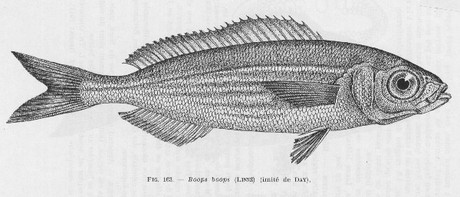So I was thinking about whether it would even be worthwhile for space aliens to come all the way to our pale blue dot, steal our water, and pack us into meat lockers. It seemed like a logical place to start might be with some assumptions about energy, desalinization, and nutritional value. This sounds like a job for Wolfram|Alpha!
I asked a few oblique questions and got somewhat but not terribly satisfactory answers:

Huh, OK, but I was hoping for an approach that would come closer to using every part of the animal, if you will.
I just asked outright:

Oh, you don’t like that at all, do you?
Maybe you just want a more specific question:
Now that I think about it, maybe you’re right, and we shouldn’t continue this conversation after all.
Update: I ended up using a rough estimate of human heights and BMIs, less 14% (skeletal weight) and multiplied by the USDA estimate of calories per 25% fat ground beef. I’m sure that’s close enough for my purposes. Feel free to contribute any other suggestions. Oh shoot, I probably should have used pork.



